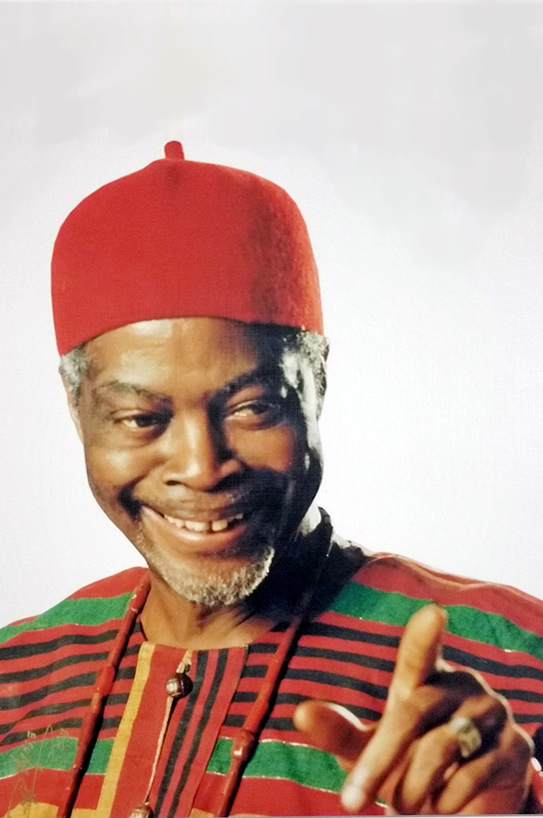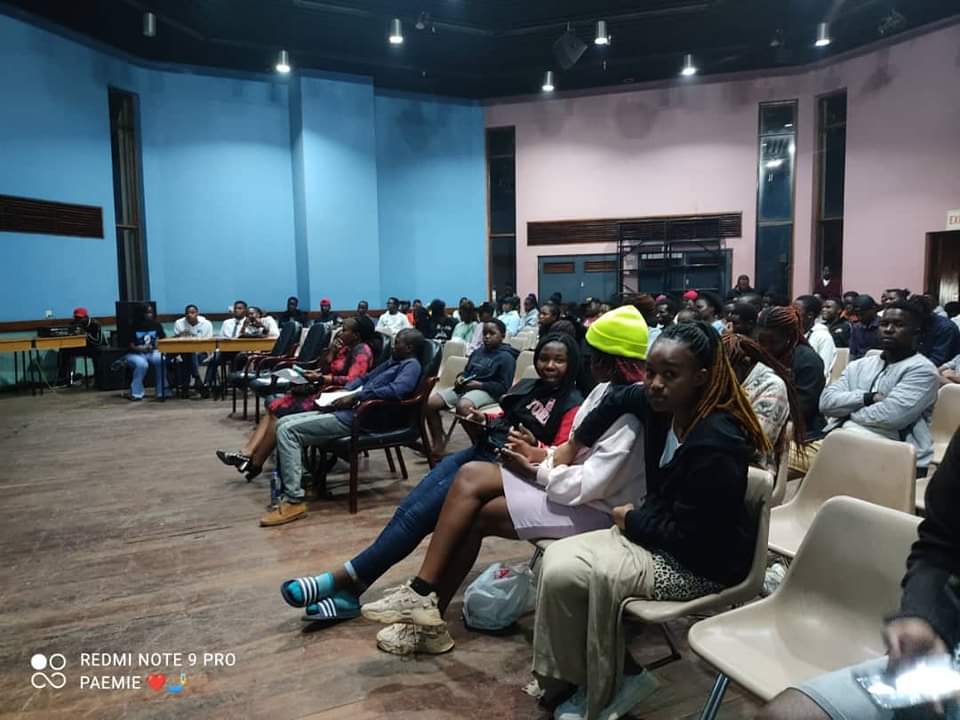By Burnett Munthali
The late Dr. Chuba Ojadigbo’s assertion that unwavering emotional attachment to one’s tribe, religion, or political party—at the expense of truth and justice—renders one’s education and exposure futile, presents a profound critique of societal values and individual integrity. His views offer a compelling perspective on the limitations of education and exposure when not coupled with objective reasoning and a commitment to universal principles of justice and truth.
Dr. Ojadigbo’s argument can be distilled into several key points:
Firstly, Dr. Ojadigbo’s critique suggests that education, while fundamentally important, is rendered ineffective if it fails to cultivate critical thinking and a commitment to truth and justice. Education should ideally foster the ability to reason independently, challenge prejudices, and embrace evidence-based understanding. When individuals prioritize emotional attachments to their tribal, religious, or political affiliations over these principles, they undermine the true purpose of education.
Secondly, the emotional attachment to one’s tribe, religion, or political party often fosters a narrow perspective that can cloud judgment. Dr. Ojadigbo’s assertion implies that such biases lead individuals to prioritize loyalty and sentiment over objective analysis and ethical considerations. This can result in a skewed perception of reality, where truth and justice are compromised to serve personal or group interests.
Thirdly, exposure to diverse ideas and experiences is valuable for personal growth and understanding. However, Dr. Ojadigbo argues that exposure alone is insufficient if it does not lead to the development of an objective and critical mindset. For instance, merely being exposed to different cultures or viewpoints does not guarantee an individual’s capacity to apply this knowledge in an unbiased and just manner.
Fourthly, according to Dr. Ojadigbo, an inability to reason beyond superficial sentiments makes one a liability to society. When individuals adhere rigidly to tribal, religious, or political affiliations without critical evaluation, they contribute to divisiveness and injustice. Such adherence can perpetuate systemic biases and hinder progress toward a more equitable and just society.
Dr. Ojadigbo’s insights have significant implications for education, governance, and societal cohesion:
1) Educational institutions should emphasize not only the acquisition of knowledge but also the development of critical thinking skills. Encouraging students to question assumptions, evaluate evidence, and engage in constructive debate is crucial for producing well-rounded individuals who can contribute to societal progress.
2) Public discourse often suffers from emotional biases and polarized viewpoints. Dr. Ojadigbo’s perspective calls for a shift towards more objective and reasoned discussions. Media, political leaders, and community influencers should strive to model and promote objective reasoning and fairness.
3) While exposure to different cultures and perspectives is beneficial, it is essential to approach such experiences with an open and analytical mindset. This approach helps individuals navigate complex social dynamics and contribute to more harmonious and inclusive societies.
4) Recognizing and addressing systemic biases rooted in tribal, religious, or political affiliations is critical for fostering justice and equality. Efforts should be made to dismantle structures that perpetuate discrimination and promote a culture of fairness and accountability.
In conclusion, Dr. Chuba Ojadigbo’s critique serves as a powerful reminder of the need for education and exposure to be accompanied by a commitment to objective reasoning and justice. Emotional attachments to tribal, religious, or political affiliations should not overshadow the pursuit of truth and fairness. By integrating critical thinking and ethical considerations into our educational systems and public discourse, we can work towards creating a more just and equitable society




